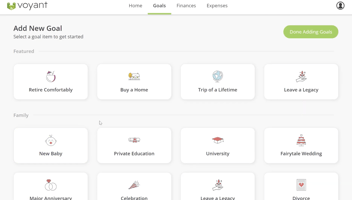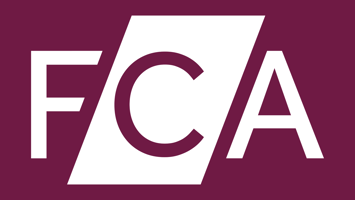Child Benefits: A Hidden Value
As financial advisers, we standardly check our client’s State Pension forecasts to get an idea of the level of income we can factor into their financial plan. Usually this is just a formality to check that everything is on course. Perhaps there are some years where the client could make up a shortfall.
Recently, I had a client who was a home maker. We were expecting a few years of shortfall, but also anticipating a few years of credits when the children were younger. It turned out that this wasn’t the case, because they hadn’t claimed the child benefits to receive the corresponding national insurance (NI) credit. These credits can actually provide a lot of value over time. Here’s why you should encourage your clients to claim them.
What Are Child Benefits?
The government provides regular payments to contribute to the cost of raising children. This benefit can be claimed if you are responsible for bringing up a child who is:
- Under 16 or
- Under 20 and in approved full-time education or training, i.e. university or an apprenticeship
Child benefits pay £21.05 per week for the first child and £13.95 per week for any additional children with no upper limit. Claimants usually receive the payments every 4 weeks.
By claiming child benefits, clients can also receive NI credits whilst their youngest child is under 12, which can be transferred between spouses and will count towards the State Pension entitlement. These payments can prove valuable if the client has some shortfalls within their NI record.
What’s more, children can conveniently receive their own NI number automatically when they reach 16 and become eligible to work. Otherwise, the children need to complete an application form to request their NI number.
Why Not Claim Child Benefits?
Only one parent/guardian can claim child benefits. If either parent earns over £50,000, a portion needs to be paid back in Income Tax, regardless of which parent is claiming the benefits.
1% of the benefit is paid back for every £100 of income earned over £50,000. This means that the full benefit is lost if either parent’s income is over £60,000. If either parent receives the benefit, whichever has the highest income will need to pay it back via a self-assessment tax return for HMRC to calculate the reclaim.
It’s simple enough for the clients who are used to filing a self-assessment or have an accountant to do it for them, but can feel like quite a hassle to the client otherwise. Alternatively, they can claim the child benefit but opt out of actually receiving the payments.
This begs the question, why would I recommend clients bother applying for child benefits if they just to have to pay them back?
As mentioned, one of the advantages of claiming child benefits is the NI credit. One key point is that without claiming child benefits, they can’t claim the corresponding NI credit for the years they looked after the children.
Unfortunately, clients can’t apply for NI credit retrospectively. Though voluntary class 3 contributions can be used to make up some shortfalls, at current rates, this will cost £795.60 per year. Generally, this is also only available for the last 6 tax years but it’s best to check a client’s NI record as there are some exceptions to this.
With all this in mind, paying the shortfall over the 12 years of missed credits comes to a total cost of £9,547.20.
Another way to look at it is that the current full State Pension is £175.20 per week, or £9,110.40 per year. A client would need 35 years of qualifying NI contributions to reach this. Therefore, the 12 years of child benefit NI credits could provide over a third of this, which gives an extra £3,123.57 per year when a client reaches State Pension age.
Let’s assume a client receives their State Pension for 20 years, this comes to a staggering £62,471.31 without even thinking about the annual increases to this, but the triple lock is a conversation for another day!
Bottom Line
Encouraging your clients to apply for child benefit credits is well worth the end result, even if the higher earner has to submit a self-assessment tax return each year just to pay them back.

Farida is a Financial Planner based in the Paradigm Norton London office having joined the team in 2019. Farida’s qualifications include being a Chartered and Certified Financial PlannerTM as well as a Fellow of both the Personal Finance Society (PFS) and Chartered Institute for Securities and Investments (CISI).
She has been working in Financial Planning for over 12 years since graduating from Loughborough University with a degree in Mathematics with Economics and enjoys promoting the profession as a voluntary member of the CISI Financial Planning forum committee.
Outside of work, Farida likes to keep active and can often be found trekking up mountains, competing in triathlons or volunteering with St John Ambulance.


